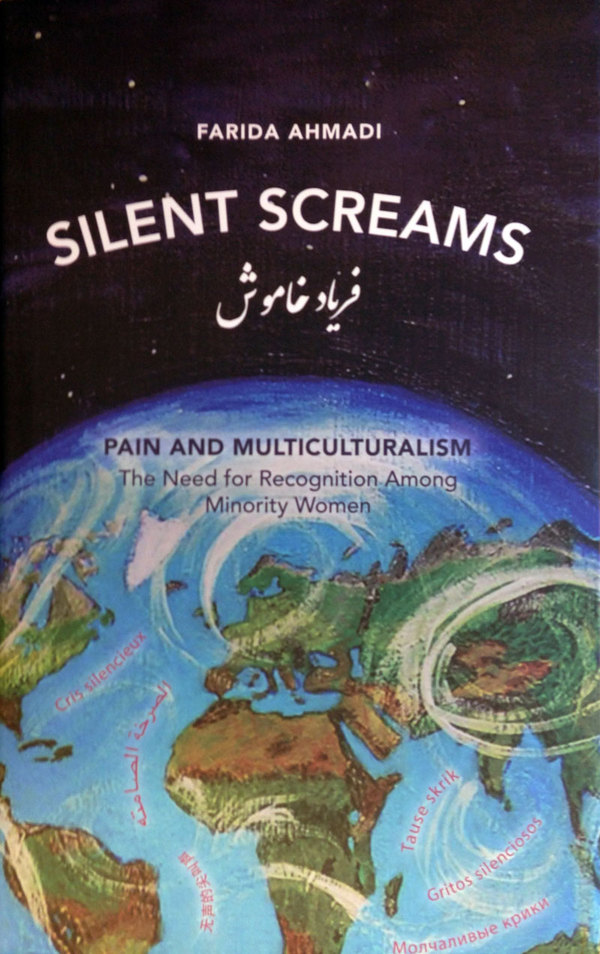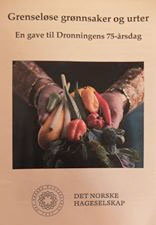

Farida Ahmadi draws a gloomy picture of discrimination. "Silent Screams" strikes back with force at the public sphere.
If the Norwegian health system obtained a better understanding of the new underclass it would help.
In 2002 Nasjonalt Folkehelseinstitutt (National Public Health Institute) could document that a high number of women from non-western countries were overrepresented when it came to mental and physical suffering.
Pain is also the theme when immigrant women tell Farida Ahmadi about their lives. In "Silent Screams" she portraits ten women who have in common that they feel powerless and depressed, lonely and violated. They are poor and represent a part of the new underclass. They feel discriminated in their meeting with institutions like the health system and the social welfare system. They feel mistrusted by doctors and have no contact with ethnic Norwegians. They seldom have the opportunity to leave their home and do not understand Norwegian language well. They are controlled socially by their husbands and suffer under lack of belonging in Norway. "Pain and being a woman are two sides of the same coin," says one of the women.
Norwegian-Afghan Farida Ahmadi grew up in Kabul and studied medicine for four years there. As a medical student in the Afghan countryside she met women with bad health and many ailments, something which was directly connected to circumstances like war and religious fundamentalism, poverty and lack of knowledge and modern health measures. Ahmadi was therefore very surprised when many of the minority women she later met in peaceful Norway had similar symptoms.

Norwegian-Afghan Farida Ahmadi grew up in Kabul and studied medicine for four years there. As a medical student in the Afghan countryside she met women with bad health and many ailments, something which was directly connected to circumstances like war and religious fundamentalism, poverty and lack of knowledge and modern health measures. Ahmadi was therefore very surprised when many of the minority women she later met in peaceful Norway had similar symptoms.

In 2012 Seema AS and Det norske hageselskap (the norwegian garden association) mayde a joined project.
Borderless vegetables and spices
This book refers to the knowledge women from different nations have about vegetables and spices. And how to use them in Norway. As a part of the project 5 women who are portraided in the book was traveling Norway and shared their experience. They each represent different countries and cultures. The book was a gift to queen Sonja on her 75th birthday.
-persian version
-japanese version
Discours du 8 mars - Farida Ahmadi
From a author gathering